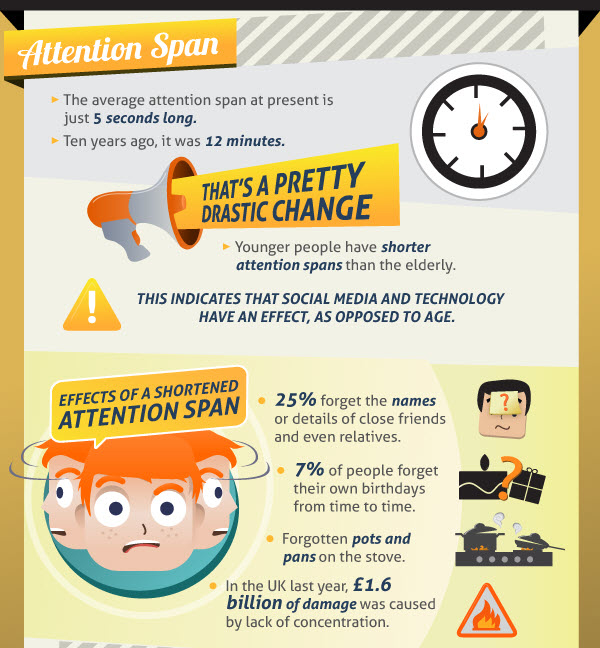Yesterday, I received the following comment via my website contact form:
Name: K
E-mail Address: citygirlblogs (at) gmail
Question/Comments: Hi there – I met you a couple months ago at a PR networking event and tried to make conversation. You had a terrible expression on your face, responded to a couple of my questions in a painful/ abrupt manner, and then left the event. Someone who knew you said to me, don't worry – she doesn't like public, crowded events. Why put yourself in the public eye with your blog if you can't communicate in person? I'm not trying to criticize; I'm just pointing this out. I wish our correspondence had been different and appreciate what you're doing on your blog. Best of luck. I hope you have a speedy recovery.
***
Dear K,
You raise some interesting points. Since you chose to input my email address, rather than your own, I assume that you aren’t interested in a response or two-way conversation. However, I advise my students, fellow bloggers and several nonprofits to acknowledge criticism and then let it go. It would be uncharacteristic for me not to do the same in this case.
To address your comment point-by-point:
I met you a couple months ago at a PR networking event and tried to make conversation.
So, we met in March or thereabouts, but you only decided to reach out to me now? If our interaction affected you this much, I wish that you had contacted me earlier.
You had a terrible expression on your face, responded to a couple of my questions in a painful/ abrupt manner, and then left the event.
I have absolutely no poker face. When I’m really sick, it shows. I’ve suffered from chronic migraines since I was a teenager, averaging two a week for the past decade. I also have Post-Concussion Syndrome, and noises, crowds and lights can be very disorientating for me. My most recent concussion was in March, and that was my third in eight months. My neurological conditions cause me to get nauseous and dizzy on an almost daily basis. I throw up more in one week than most people do in a year.
Nonetheless, I try to do as much as I can. It’s important for me to support my friends with their endeavors, as well as certain DC organizations, charities and businesses. Sometimes, that causes me to push it or do more than I should. If the pain becomes too severe or I can’t stop vomiting while out in public, I’m definitely anti-social, and I try to leave as quickly as I can.
Other times, I'm waiting for my migraine medicine to work its magic so I can feel better. I threw up three times before this year's Fashion For Paws and didn't talk a lot to people backstage. Four hours later, after my migraine medicine had kicked in, I did my best to rock that charity runway so that no one could tell.
.jpg)
Photo Credit from Fashion For Paws 2012: The Washington Lobbyist
Someone who knew you said to me, don't worry – she doesn't like public, crowded events.
I actually do like most events, but since the complications from my neurosurgery in 2006, my health doesn’t always allow me to enjoy events. Either that person doesn't know me well or she responded to you generally out of respect for my privacy.
Why put yourself in the public eye with your blog if you can't communicate in person?
I didn’t realize that a person with a blog is in the public eye! The words on a blog are public by virtue of how the Internet operates, but the people who write blogs are not public figures. (In fact, quite a few bloggers use pseudonyms on their sites.)
I'm a writer, a professor and an advocate. When I speak on panels or attend an event, that's something that I choose to do. I don't work in news, entertainment or politics.
I fully admit that it’s difficult for me to hold a conversation when I feel ill. On a good day, I’m also not a fan of networking events since they often create a disingenuous and self-serving environment. And, I try to be nice to people, but I’ve never promised to be nice to everyone I meet. (Can anyone promise that?)
With respect to my ability to communicate in person when I’m not sick or in pain, I’ll let my resume speak for itself or my friends speak for me in the comments.
I'm not trying to criticize; I'm just pointing this out.
You clearly are trying to criticize me, but that’s fine. I’m comfortable enough with myself to handle it.
I wish our correspondence had been different and appreciate what you're doing on your blog.
Since this affected you enough to write me a couple of months later, I wish you had reached out sooner. Our interaction might have been different, if you had done so from your own email address. As I’m sure our paths will cross again, I hope you’ll come up to me at a future event.
Best of luck. I hope you have a speedy recovery.
Thank you, Stef
What are your thoughts, readers? Are bloggers in the public eye? How do you feel about networking events? How do you interact with others when you’re sick or having a bad day?

.jpg)

